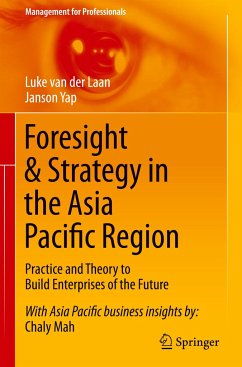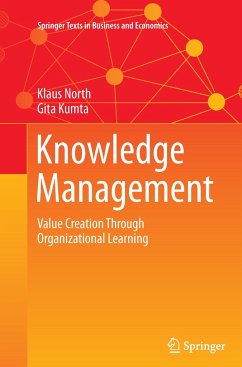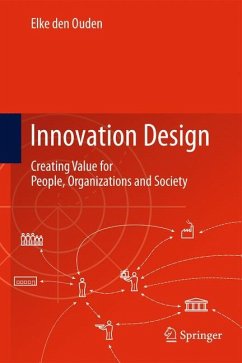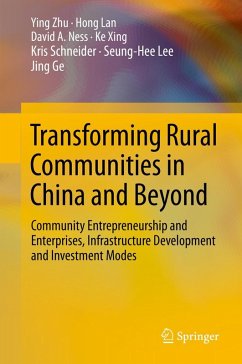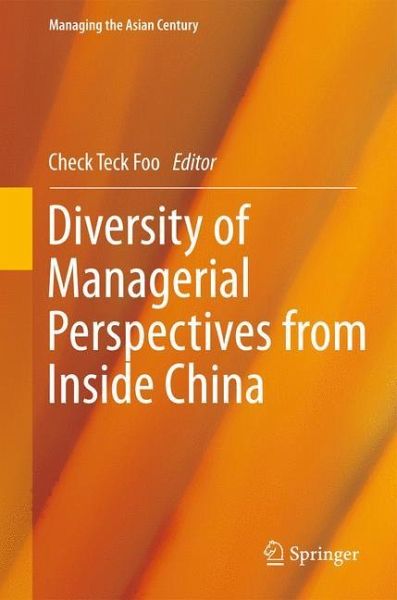
Diversity of Managerial Perspectives from Inside China

PAYBACK Punkte
19 °P sammeln!
This book includes research presented at the Global Chinese Management Studies Conferences held in Singapore between 2011 and 2014. It covers managerial themes from China that are associated with eco-labels, institutional changes in the context of governance, fusion accounting information, consumers on insuring, corporate social responsibility, financial warning systems, new product development, entrepreneurship, polycentric patterns and even destructive leadership. The papers were written by leading academics from Mainland China, Taiwan, Hong Kong, and Singapore whose perspectives represent a...
This book includes research presented at the Global Chinese Management Studies Conferences held in Singapore between 2011 and 2014. It covers managerial themes from China that are associated with eco-labels, institutional changes in the context of governance, fusion accounting information, consumers on insuring, corporate social responsibility, financial warning systems, new product development, entrepreneurship, polycentric patterns and even destructive leadership. The papers were written by leading academics from Mainland China, Taiwan, Hong Kong, and Singapore whose perspectives represent a departure from conventional managerial practices. Diversity of Managerial Perspectives from Inside China is essential reading for all researchers interested in the development and significance of management-related topics in the Chinese market.





